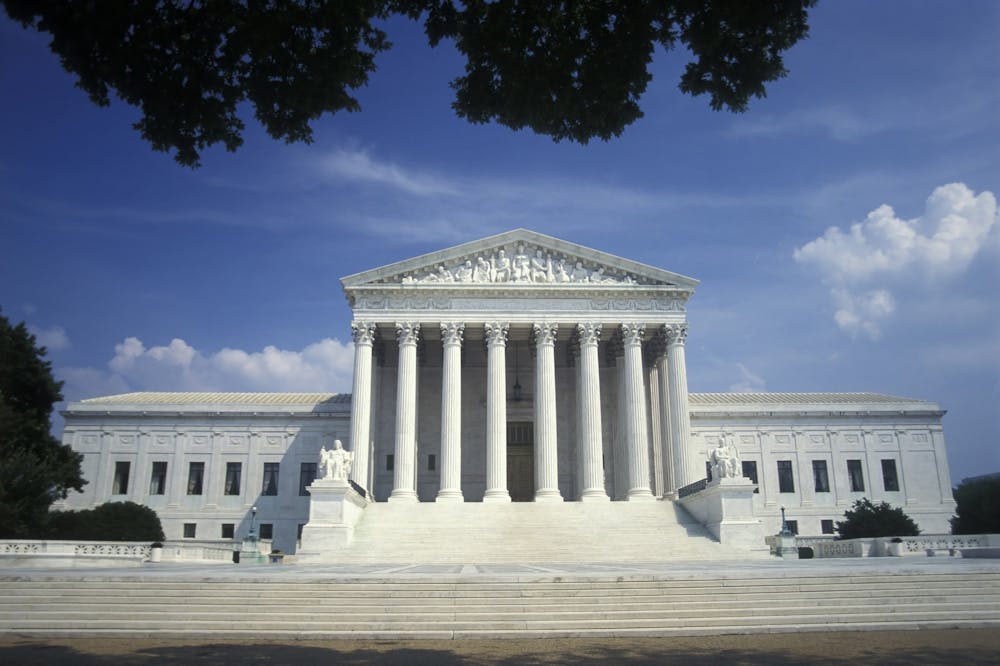The U.S. Secretary of Education does not have the authority to forgive student loans, following a 6-3 decision by the U.S. Supreme Court on Friday morning.
This comes after President Joe Biden announced student loan forgiveness in August — one of his key campaign promises during the 2020 presidential election.
The executive order that would forgive up to $10,000 in student loans for non-Pell Grant recipients and $20,000 for Pell Grant recipients with incomes less than $125,000 has been struck down.
In the majority opinion, Chief Justice John Roberts said the forgiveness plan was far beyond what Congress intended in giving powers to the Secretary of Education.
"The HEROES Act provides no authorization for the Secretary’s plan when examined using the ordinary tools of statutory interpretation — let alone “clear congressional authorization” for such a program," Roberts wrote.
The order was estimated to provide relief for up to 43 million borrowers, according to the Biden Administration.
The Court heard arguments for Biden v. Nebraska on Feb. 28. The case was brought against the president by six states – Nebraska, Missouri, Arkansas, Iowa, Kansas and South Carolina – and claimed that his loan forgiveness exceeded the authority of the U.S. Secretary of Education.
The Court also decided on U.S. Department of Education v. Brown, a case evaluating the constitutionality of Biden's executive order. A unanimous opinion in the case by Associate Justice Samuel Alito said the court did not have the jurisdiction to decide the case.
In the dissenting opinion in Biden v. Nebraska, Associate Justice Elena Kagan said the majority decided against 40 million Americans because the assistance from the relief plan was "too significant."




